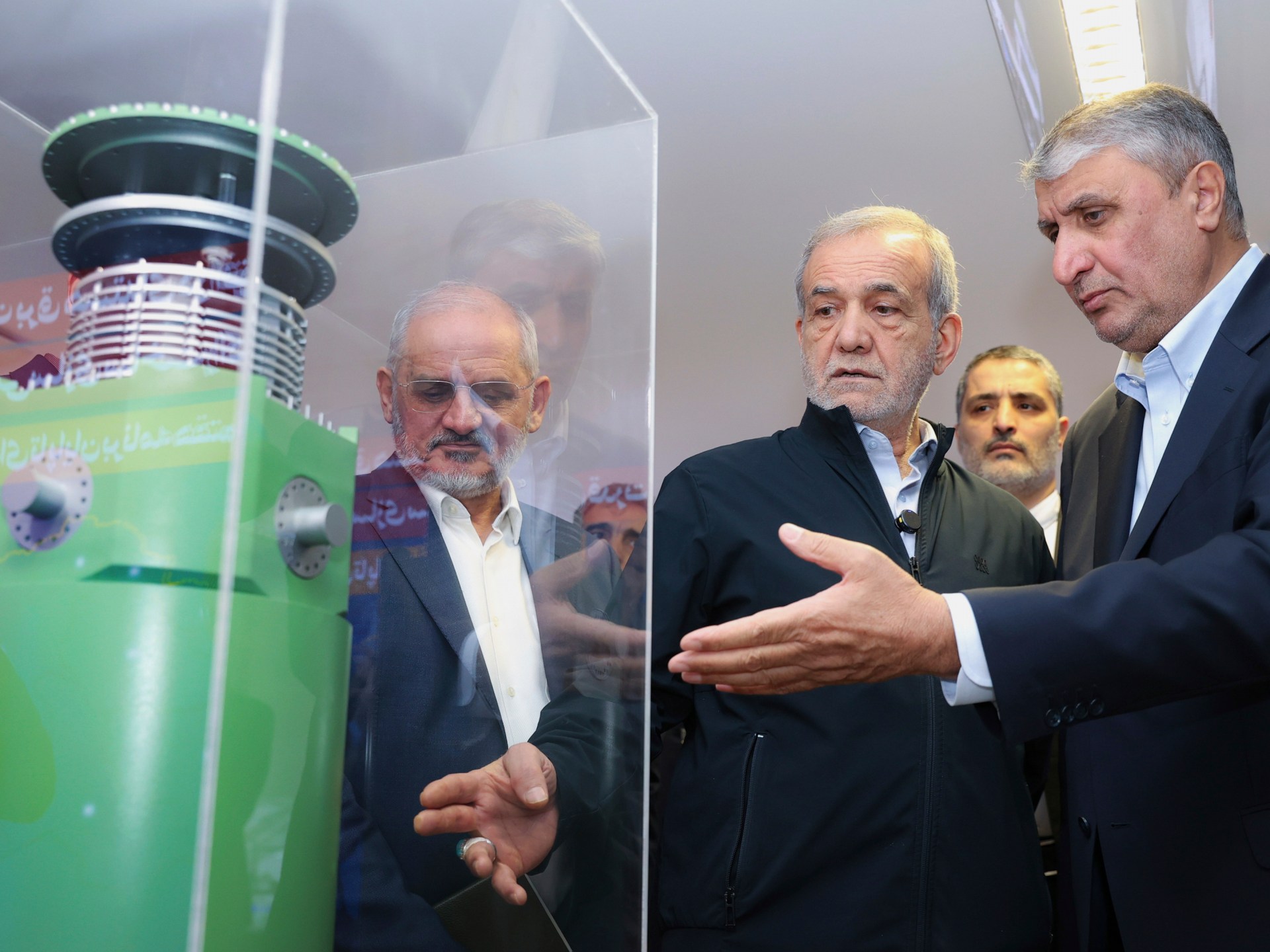A fourth round of discussions with the United States about Iran’s nuclear program has been postponed, according to Oman’s foreign minister.
Just days before the scheduled start of the negotiations in Rome, Minister Badr bin Hamad al-Busaidi made the announcement on the social media platform X on Thursday.
For logistical reasons, he wrote, “We are temporarily rescheduling the US Iran meeting for Saturday, May 3rd, 2019.” When mutually agreed, new dates will be announced.
Al-Busaidi had previously facilitated three US-Iranian negotiations. The first event took place on April 12 in Moscat, Oman, with a follow-up event taking place in Rome over the weekend. On April 26, a third round of negotiations with the US resumed in Moscat, promising “progress” in the direction of a nuclear deal.
However, the Iranian and US governments have been at odds with one another for a while.
Although Tehran has long disputed that armament is a goal, President Donald Trump’s administration has stated that its goal is to stop Iran from developing nuclear weapons. It views its nuclear program as a source of energy for the general public.
However, the Trump White House has suggested that Iran’s nuclear enrichment program’s complete destruction may be among its stated objectives. As part of a final agreement, US special envoy Steve Witkoff stated in a statement that “Iran must stop and eliminate its nuclear enrichment and weaponization program.”
Iran claimed earlier on Thursday that the US had made “contradictory statements” about the nuclear negotiations and that the statements were “provocative.”
And on Wednesday, the US launched a string of threats as part of its “maximum pressure” campaign against Iran, boosting tensions in the region.
First, the US Department of State formally sanctioned seven businesses that trade Iranian oil products because the proceeds “support its terrorist activities and proxies.” Then, Defense Secretary Pete Hegseth made his own warning that the Iranian support of the Yemeni-based armed group the Houthis could lead to US reprisals.
“Message to Iran: We appreciate your sincere support for The Houthis. We are aware of what you are doing, Hegseth wrote on Wednesday on social media.
You were warned, and you are well-versed in what the U.S. military can accomplish. You will pay the CONSEQUENCE at our choosing location and time.
Iran’s Ministry of Foreign Affairs claimed that the delay on Thursday was “at the request of Oman’s foreign minister.” Esmail Baghaei, an Iranian spokesman, added that his nation was committed to reaching “a fair and lasting agreement” with the US.
Unseen, a senior Iranian government official confirmed to the Reuters news agency that the delay was a result of recent US actions.
The official told Reuters that the US sanctions against Iran during the nuclear negotiations are not going to help the parties reach a diplomatic agreement. The date of the next round of talks will be announced, depending on how US-minded the US is.
Meanwhile, other media reports suggest that the US wasn’t entirely supportive of the possibility of further discussions in Rome this weekend.
The US “had never confirmed its participation” in the anticipated talks for this weekend, according to an anonymous source, but further discussions were anticipated “in the near future.”
Iranian nuclear weapons have been a goal of successive US administrations. A 2015 agreement known as the Joint Comprehensive Plan of Action (JCPOA) was the result of one recent effort.
In exchange for reducing its uranium enrichment and submitting to inspections of its nuclear facilities, Iran was able to benefit from the multilateral agreement, which was forged under US President Barack Obama’s administration.
However, Trump’s plans to leave the US from the JCPOA in 2018 were halted when he took over as president of the United States.
Trump has since taken office a second time in January, but in his first year as president, from 2017 to 2021, he has focused on a campaign of “maximum pressure” against Iran.
Trump issued a warning about holding Iran accountable for Houthi attacks on ships in the Red Sea in March when he launched a new round of US attacks on Houthis. He also suggested that he might use force against that nation in the wake of this.
“Iran will be held accountable, suffer the consequences, and those consequences will be dire,” declares the statement “every shot fired by the Houthis will be treated from this point forward as being a shot fired from the weapons and leadership of IRAN.” Trump published a letter on March 17.
If a nuclear deal is not reached, the US president threatened that military action might follow.
Trump addressed the US’s allies’ military repression in an interview with Time Magazine on April 25 and claimed he had not ruled it out.
Trump once said, “It’s possible we’ll have to attack because Iran won’t have nuclear weapons.” In the end, I decided to leave it to them, but I said I would much prefer a deal over dropping bombs.
He later stated, “I’ll be leading the pack if we don’t make a deal,” making an ostensible reference to military intervention.
However, the US president emphasized that he was optimistic about the outcome of the Iran-Iran talks. He even expressed his willingness to personally meet with Iran’s leadership.
Source: Aljazeera

Leave a Reply